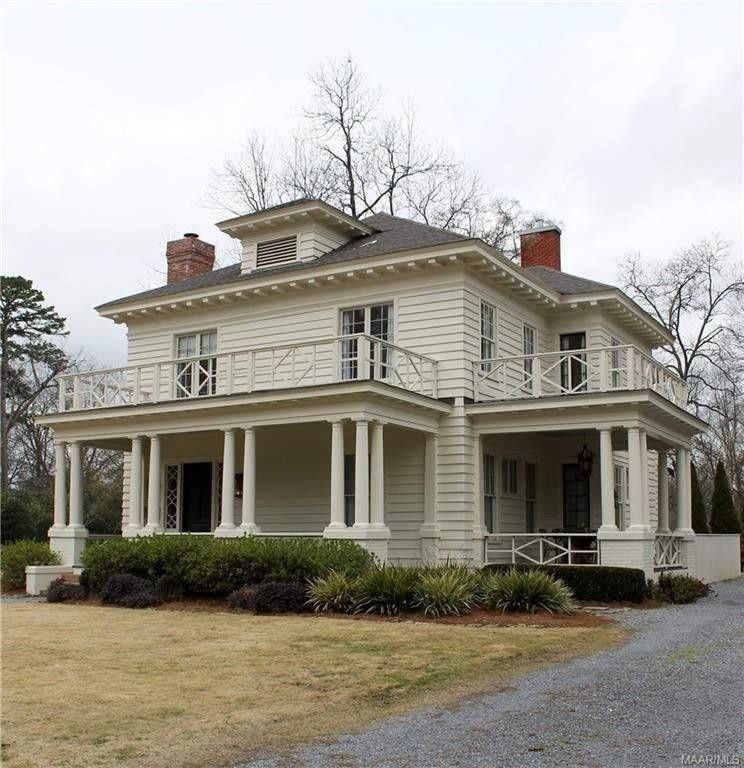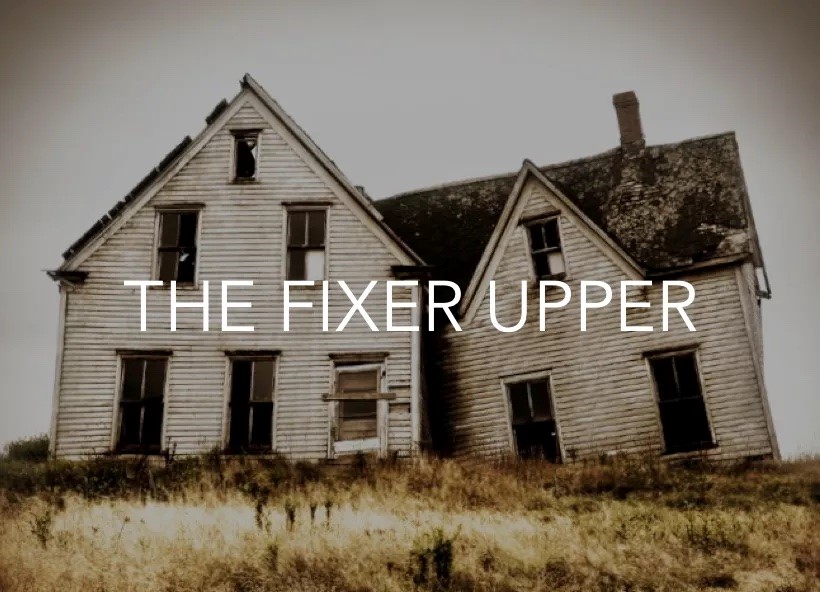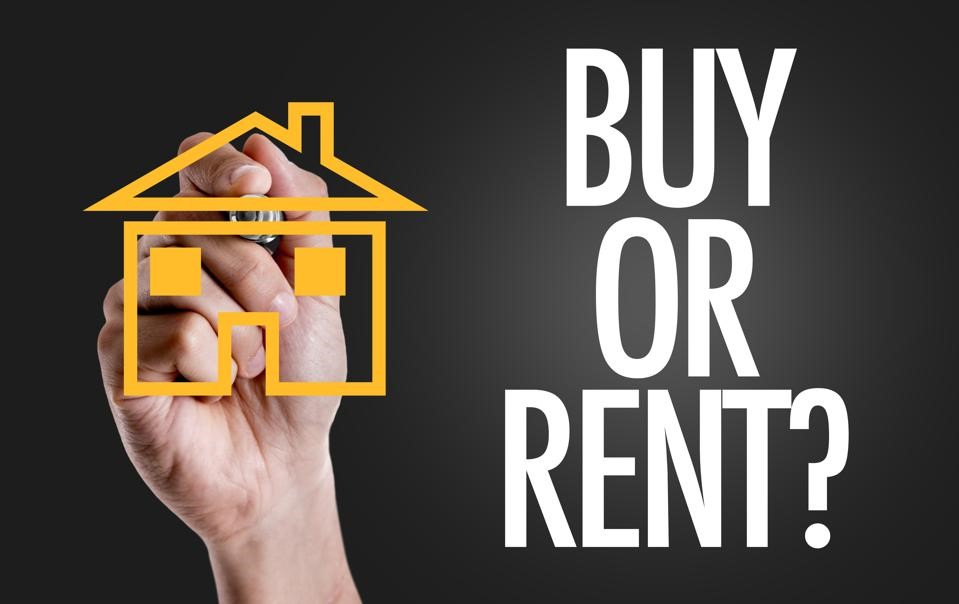The Importance of “Location” in Real Estate

I am sure you have heard the phrase before, but “location, location, location” has never meant more than when you are purchasing a home. It is important to remember that you can buy the right home in the wrong location. You can fix it up, renovate it, change its structure…but in most circumstances, you can’t move it. It is attached to the land. Identical homes can increase or decrease in value depending on their location. Choosing the best area for living and resale value is equally as important as choosing the ideal home. Here are a few things to be aware of when searching for the right location for your investment:
- Top Rated School Districts
Homebuyers with children often seek homes in highly desirable school districts. They are willing to spend more for a home in order to enable their children to go the “best schools.” So, even if you don’t have children in school, it will serve you well to purchase a home in a great school district. Best Schools in Montgomery AL
- Recreation & Nature

Homes on the water or near parks hold their value because people enjoy living where they can enjoy the outdoors. Being able to walk out your door and quickly be in a beautiful natural setting makes homes much more desirable. Parks, Trails & Natural Areas in Montgomery, AL
- Entertainment & Shopping
While some buyers seek out areas surrounded by nature, others may be looking for a home that enables them to walk to restaurants, movie theaters and boutiques. Some of the best “walkable” neighborhoods in Montgomery are Old Cloverdale, Garden District and Capitol Heights.
- Economically Stable Neighborhoods
Older neighborhoods that have survived economic recessions while maintaining evident pride of ownership appeal to buyers looking for long term stability. Montgomery's Historic Neighborhoods
- Public Transportation, Healthcare & Jobs
Some buyers will be looking for convenience. They do not want a long commute to work and want to have easy access to transportation and healthcare facilities. Montgomery Transit
.jpg) So, when purchasing a home, remember…location, location, location! While the “best” neighborhoods may require larger investments, they are also the neighborhoods that will hold the highest resale value. When buying a home, the last thing you want to think about is selling it, but it is vital that you keep resale value in mind because, after all, a home will likely be the largest financial investment you will make in life and you want it to pay off in the end!
So, when purchasing a home, remember…location, location, location! While the “best” neighborhoods may require larger investments, they are also the neighborhoods that will hold the highest resale value. When buying a home, the last thing you want to think about is selling it, but it is vital that you keep resale value in mind because, after all, a home will likely be the largest financial investment you will make in life and you want it to pay off in the end!
If you are in the market to buy or sell a home (or both), let Sandra Nickel and her Hat Team of Professionals assist you with all your real estate needs! Call them today at 334-834-1500 and check out https://homesforsaleinmontgomeryalabama.com for more information!
Photo Credits: planhillsborough.org, funinmontgomery.com, pinterest








































